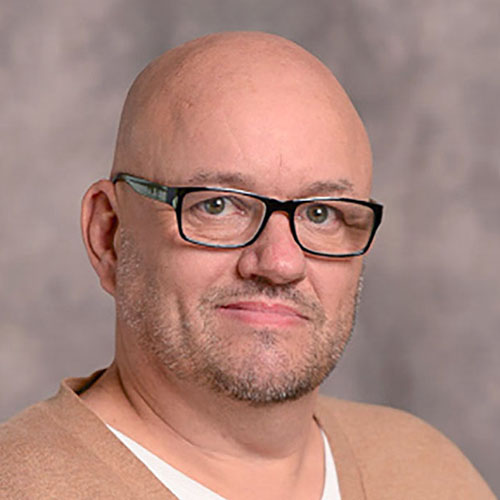David Phillips
Education
- University of Utah, PhD, Exercise and Sport Science, 2012
- Florida State University, MS, Physical Education, 2007
- University of Greenwich, , Movement Studies, 1991
Areas of Expertise
- Physical Education
- Physical Activity and Cognition
- Coaching
Bio
I am originally from Swindon (which is just outside of London) England. I have over 30 years teaching experience (both in K-12, and Higher Education) and coaching (I worked as a professional soccer coach for a plethora of professional clubs in England, and was also the Great Britain U.16 Baseball National Team Head Coach). My favorite professional sports team here in the U.S. is the Slam Diego Padres.

